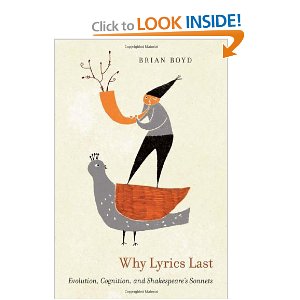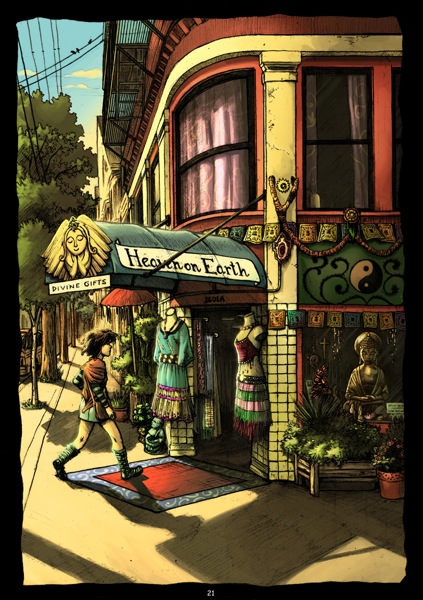Further to my exploration of participation mystique in the last two posts I’m led – as some may expect – to:

Amazon
The amazon page has excellent reviews, the description of the book is at the end of this post.
Below are a couple of quotes that give me the sense that he thinks the participation mystique is of a primitive or childlike state of unity that is lost.
This is interesting as it might relate to attachment theory and Moreno’s notion of the matrix of all identity. The idea that it is a primitive state (presumingly leading to individuation) might skip the importance of adult attachment as Susan Johnson talks about it.
Is adult attachment really a stage of not being quite grown up. Schnarch might say that?
Here is a quote by an anonymous reviewer on Amazon:
An interesting side effect of this view of consciousness is the resultant synthesis of linear and cyclical notions of Time. To Neumann, Time is an open-ended linear progression (development) which is recursively cyclical. The recursion occurring in the subject self’s perception of time: That the individual’s subjective perception of time in an early part of his development, corresponds with the Human’s perception of Time in a corresponding earlier point in history.
For example, using Neumann’s framework, one can see the ‘mythological’ persona and teachings of Jesus (and his semi-contemporary Buddha) as the collective expression of the coming ‘personal’ transcendence and autonomy of the Ego (as in: “The Kingdom is in You!”).
Perhaps we are moving forward (and backwards) to the relational paradigm?
Quotes I found from the book follow:
This integration was not necessarily anything mysti-
cal, as the rather nebulous term participation mystique might
lead one to suppose. All it means is that, in the original group,
the solidarity of the group members is to be conceived more on
the analogy of an organ in relation to the body, or of a part in
relation to the whole, than of a part in relation to the sum, and
that the whole exercised a paramount effect, so that the ego
could only free itself very slowly from the tyranny of the group.
This late birth of the ego, consciousness, and the individual is
an incontestable fact.
~~~
PSYCHOLOGICAL STAGES IN THE DEVELOPMENT OF PERSONALITY – 295
Originally it was impossible for the ego
to distinguish the source of these images, for at the stage of
participation mystique an outside could not be perceived as distinct from an inside; the two sets of images overlapped, so
that experience of the world coincided with inner experience.
This original phase, when consciousness was a sense organ,
is marked by the functions of sensation and intuition, i.e., the
perceptive functions 84 which are the first to appear both in the
development of primitives and in that of the child.
Description.
The Origins and History of Consciousness (Bollingen Series,42): Erich Neumann,R. F. C. Hull,C. G. Jung: 9780691017617: Amazon.com: Books: “Book Description
Publication Date: 1970
The first of Erich Neumann’s works to be translated into English, this eloquent book draws on a full range of world mythology to show that individual consciousness undergoes the same archetypal stages of development as has human consciousness as a whole. Neumann, one of Jung’s most creative students and a renowned practitioner of analytical psychology in his own right, shows how the stages begin and end with the symbol of the Uroboros, or tail-eating serpent. The intermediate stages are projected in the universal myths of the World Creation, Great Mother, Separation of the World Parents, Birth of the Hero, Slaying of the Dragon, Rescue of the Captive, and Transformation and Deification of the Hero. Throughout the sequence the Hero is the evolving ego consciousness.”








 Amazon
Amazon